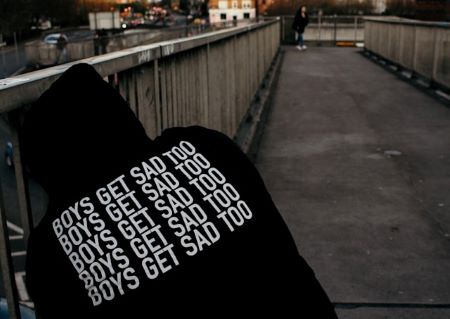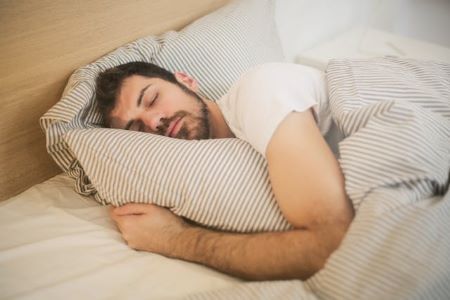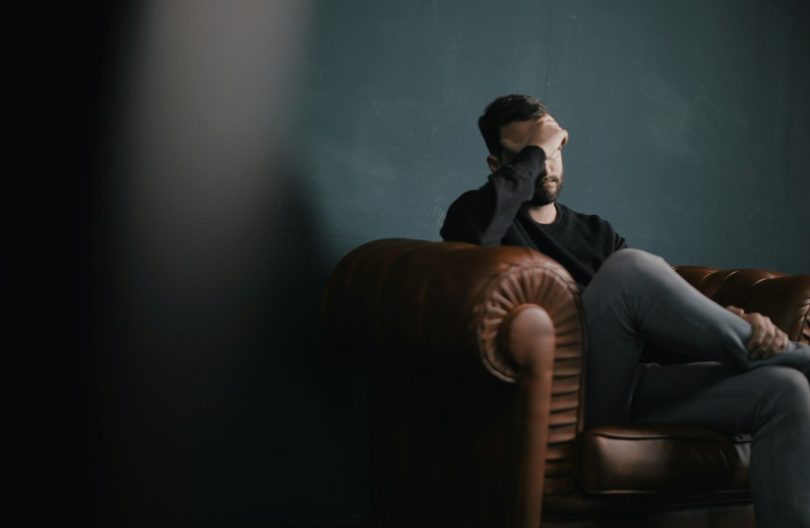While mental health affects both men and women, the issues they struggle with are not always the same. Statistically, men are less likely to seek help when they are struggling. That first visit to the doctor, or finding out how to access counselling or therapy, often doesn’t happen.
Many men suffer in silence.
They may withdraw, become irritable or angry, drink more heavily, show signs of depression or anhedonia (the inability to feel joy), and experience difficulty sleeping or sleeping too much. Alarmingly, suicide rates among men are significantly higher than among women, at around 75 to 80%. For men under the age of 50, it is the single biggest cause of death.

Struggling with mental health doesn’t necessarily lead to suicidal thoughts, but the statistics are still concerning. Equally, men are often reluctant to seek help for physical issues. Many would rather suffer alone than visit a physician, chiropractor, nutritionist, pharmacist, or other healthcare professional.
There are several reasons why men are more hesitant to pursue therapy or counselling, most of which are shaped by societal norms. The reluctance to talk openly about problems and emotions is often rooted in embarrassment, shame, and an incapacity or fear of being vulnerable.
It is a learned behaviour.
Despite modern society offering more role models—athletes and celebrities being open about their mental health struggles—many men still believe they must be strong, resilient, and keep going no matter what. They feel obligated to uphold traditional masculine roles, such as being the breadwinner, and fear that showing vulnerability will make them appear weak and less masculine.
As a society, we must take responsibility to educate men about the benefits of opening up, being vulnerable, and the possibilities for healing through therapy and counselling.

As a male therapist, around 60% of my clients are men, and this number has remained consistent throughout my years of practice. This might suggest that men are seeking help more often, but the reality is more nuanced. The reason for this high percentage is that once men decide to seek help, they often prefer to speak to another man, believing that a female therapist may not understand or be able to help them. Many of my female colleagues have very few male clients. This is, of course, a misconception, as female therapists and counsellors can offer the same level of support. However, there may also be valid personal reasons for a man to choose a male therapist.
Depression is one of the mental health issues that affects men the most, often coinciding with alcohol or substance abuse. Common symptoms include fatigue, listlessness, loss of appetite, low libido, and general discontent.
While depression is treatable, it often goes undiagnosed because men tend to mask their symptoms, carrying on as though everything is fine.
The issue festers and grows beneath the surface. As with depression, many other mental health issues remain undiagnosed or unnoticed because men are adept at hiding their struggles and resist being vulnerable.
There are, of course, several factors that can improve mental health for both men and women. Therapy or counselling is one avenue, but when combined with exercise, a healthy diet, socialising, and improved sleep quality, the results can appear sooner and last longer.

While mental health is personal and individual approaches vary greatly, men tend to choose what they perceive as socially acceptable or less visible interventions. Seeing a therapist may still be stigmatised by some, but no one questions if they meditate at home or do breathing exercises when feeling anxious. Men can go for a run or to the gym without attracting suspicion. They also tend to prefer a more cognitive, structured approach when seeking therapy, often asking for tips and tools to manage their issues, hoping for a quick solution.
Problem-solving is frequently part of their nature, whether this is a gender-specific trait or conditioned behaviour.
Tools and techniques that offer short-term relief can certainly be valuable, but addressing the root cause of the problem—though it may take longer and require more courage—is ultimately the best path to long-term contentment and quality of life.
Fortunately, attitudes towards men’s mental health are changing. More men are talking openly about their mental health journeys in the media, and younger generations are generally more comfortable being vulnerable and expressing their emotions. Social media, despite its shortcomings, plays a role in this shift. Platforms such as vlogs, blogs, TikToks, and posts allow people to discuss their issues anonymously if they choose. Numerous global initiatives also support men’s mental health. For example, Andy’s Man Club runs over 200 free support groups across the UK, and in Australia, the Men’s Shed Association supports over 1,200 initiatives for men’s mental health.

The tide is slowly turning. As society becomes more accepting, men are becoming less reluctant and more confident to acknowledge their mental health needs. They are realising that they too are entitled to self-care, whether through therapy, counselling, or self-help.
It takes courage to accept that it’s okay not to be okay & to actively seek support.
Main – Photo by Nik Shuliahin 💛💙 on Unsplash



